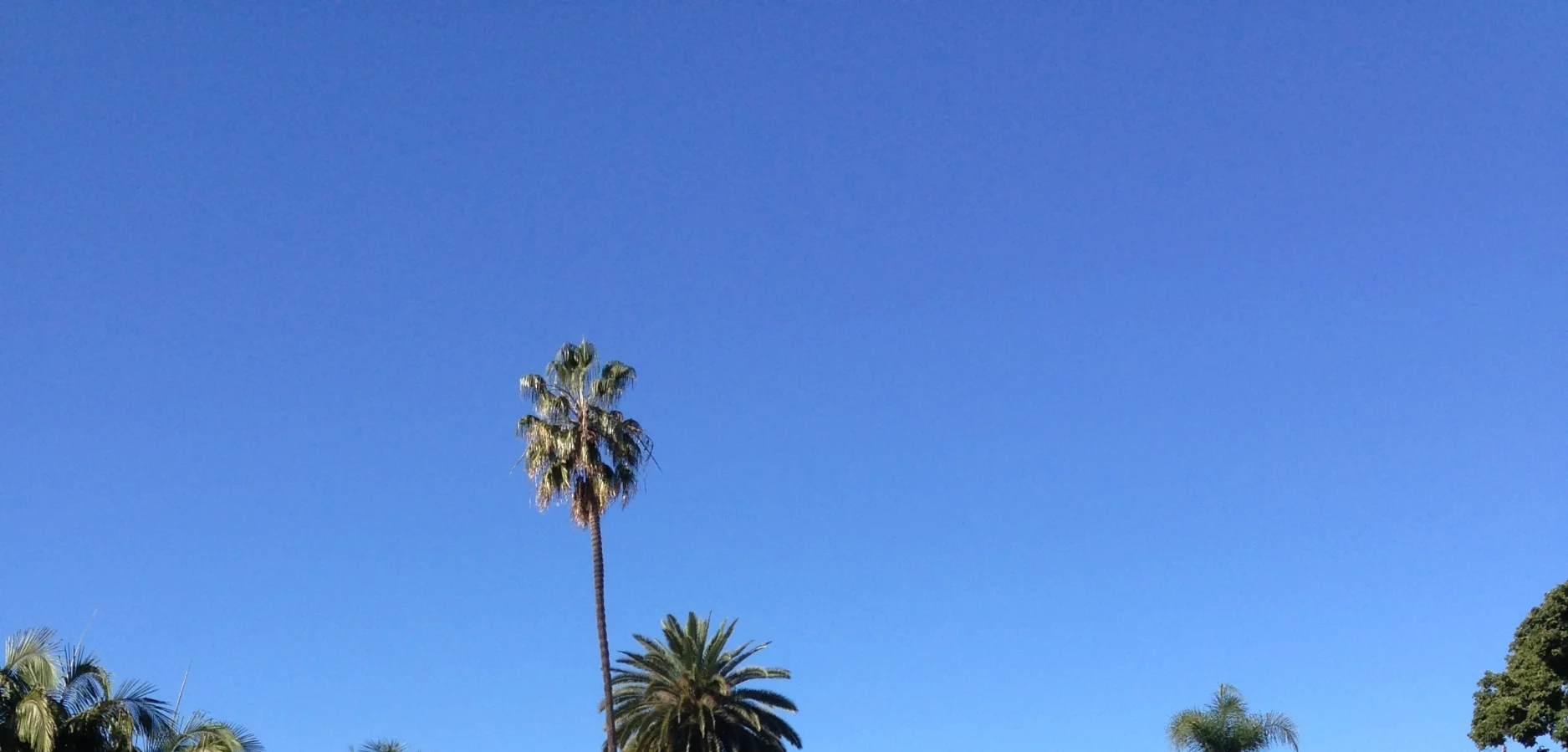No one clicks on Ads. I don't. My friends sure don't. We're looking for engaging and useful expeerinces. and can't wait to find a few from your brand. Ad Age reports that the data is event WORSE than it was 2 years ago for display advertising (at least as a standalone Direct Response medium):
The number of people online who click display ads has dropped 50% in less than two years, and only 8% of internet users account for 85% of all clicks, according to the most recent "Natural Born Clickers" study from ComScore and media agency Starcom. As the pool of people who click on banner ads rapidly decreases, it begs the question: Is the long-used click-through rate now officially useless?
Fast Facts
- 85% of clicks on ads come from 8% of web users
- Only 16% of web users click display ads (down from 32% in 2007)
- Consumers exposed to a display ad were 65% more likely to visit the advertiser's site
- Banner exposure correlated with search volume and length of microsite interaction (minutes)
Ok, so that's better than nothing. The clicks people are counting on aren't coming from the people you think. Facebook and Twitter aren't dominated by early adopters any more.
So what are the ad plays that work? Are we left just with off-site retargeting? With remessaging based on search engine activity? Profiling and social network analysis?
When working with major brand dollars, you've just got to think bigger than clicks, and more holistically than conversions. I'll be writing in the coming weeks about how that perspective among the industry's biggest spenders needs to evolve.


